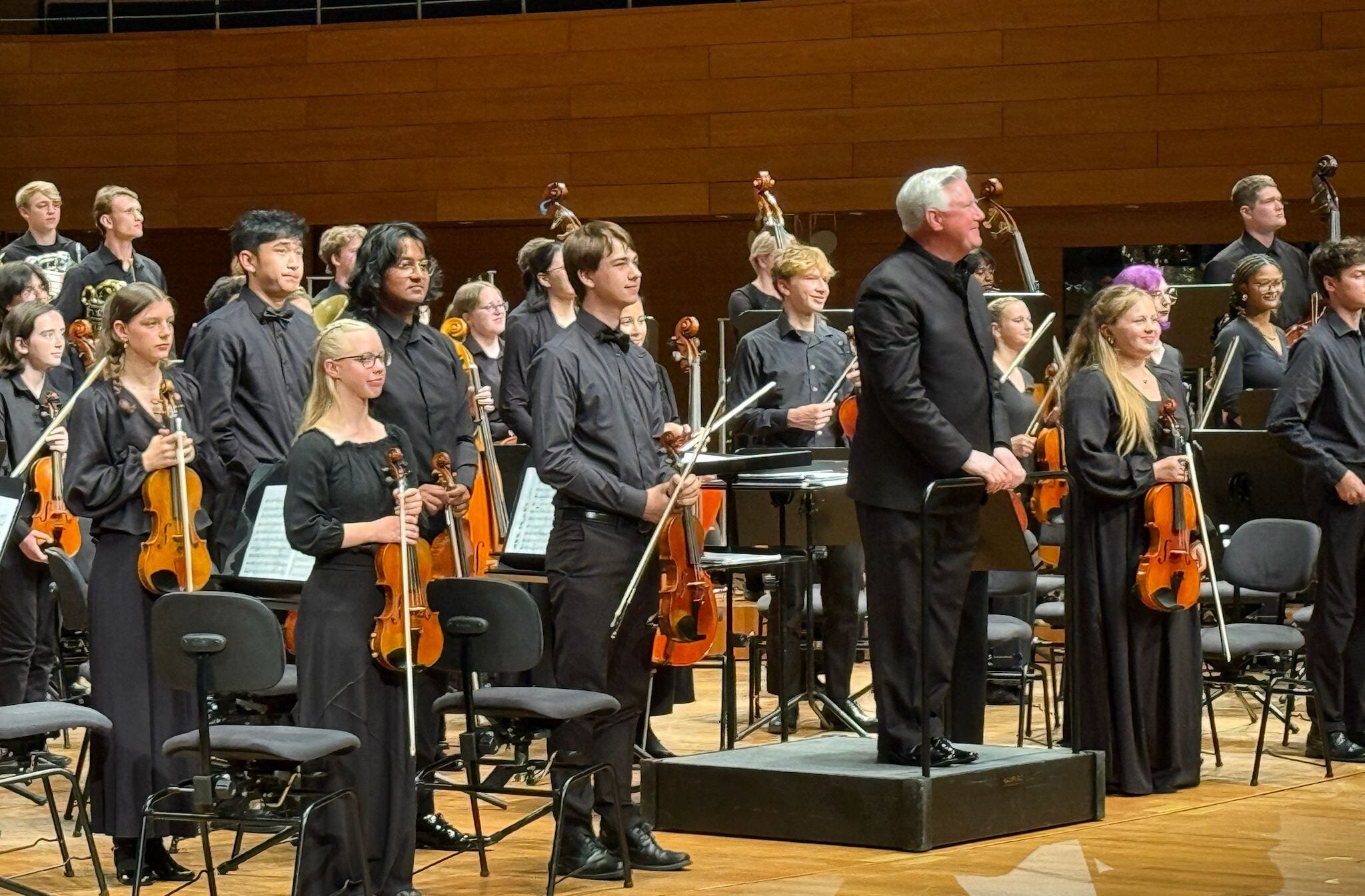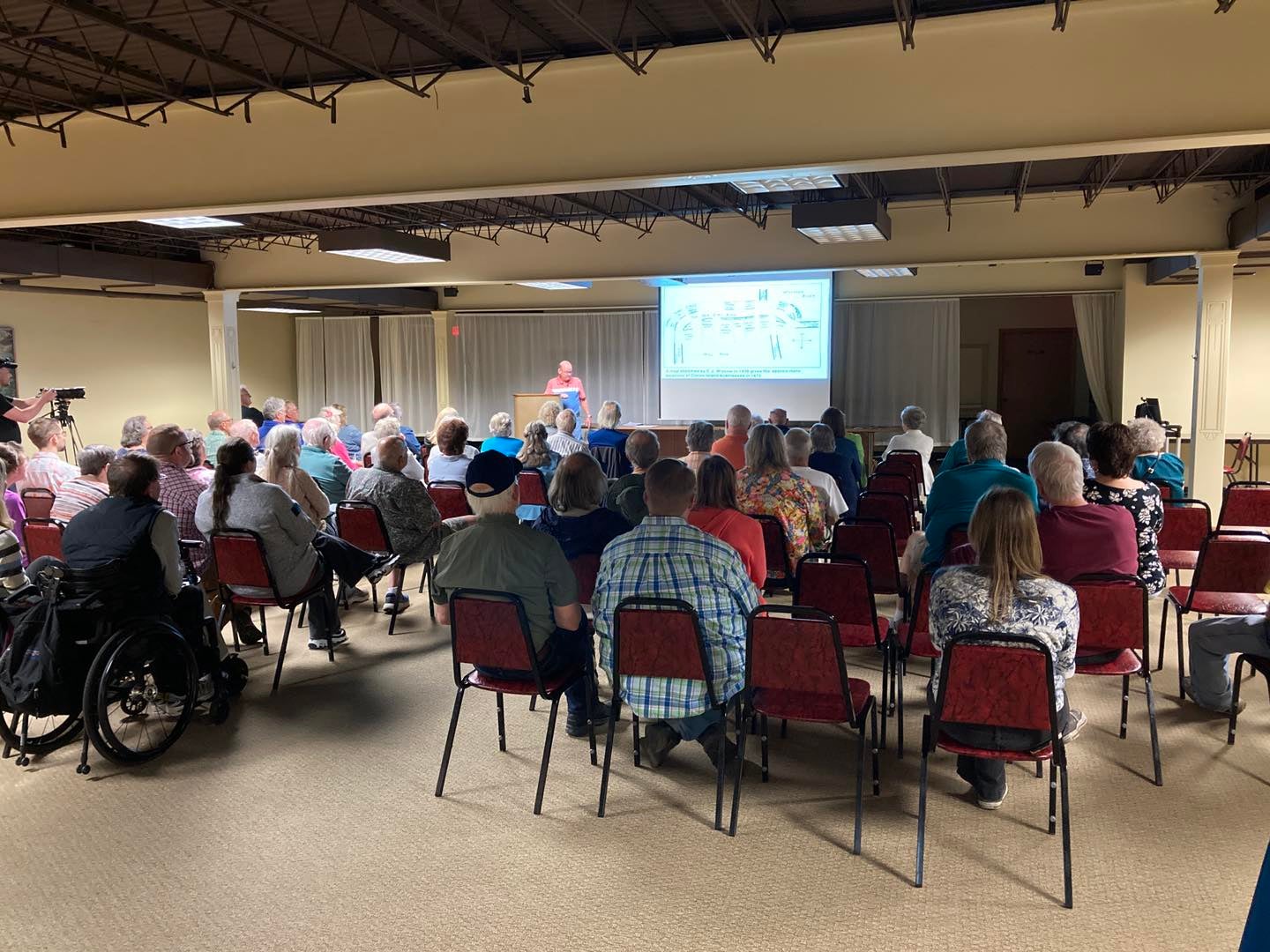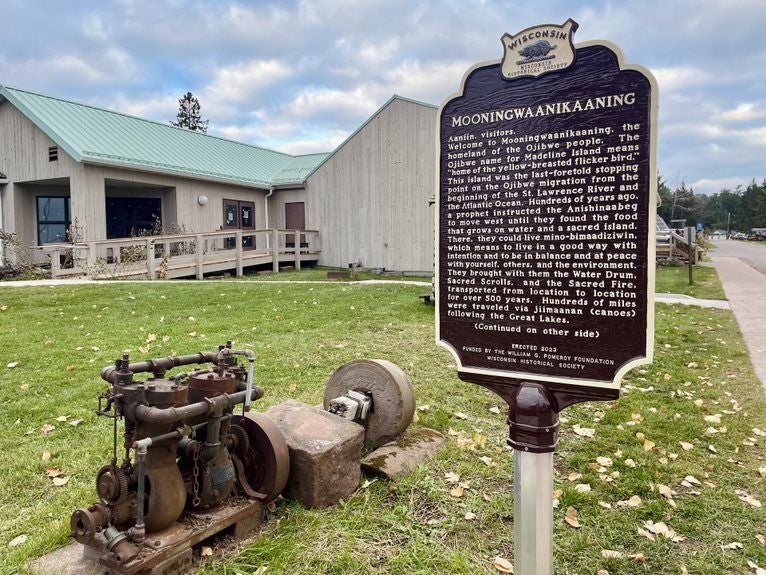The campaign launched in June 1964 to attempt to register as many African-American voters as possible in Mississippi came to be known as the Freedom Summer. Larry Meiller learns about the amazing archival collection of that period that is housed at the Wisconsin Historical Society.
Featured in this Show
-
Wisconsin’s Significant Civil Rights Collection Here Due To Coincidence And Vision
In June of 1964, a concerted effort to register Black voters in Mississippi began. Called the Freedom Summer project, it was organized by the Student Nonviolent Coordinating Committee (SNCC) and the Congress of Racial Equality (CORE), and involved hundreds of mainly white northern students. Of course, the tens of thousands of Black Americans in the South were risking their lives and livelihoods every day by attending meetings, discussing voter registration, and asserting their full rights as citizens.
It was a key chapter in our nation’s civil rights struggle, and nearly fifty years later, it still reverberates. You might expect a vast archival collection of materials from that time to be housed in the South, or in the nation’s capital. But surprisingly, an extensive and incredibly accessible collection is right here in Wisconsin.
The reason is “part coincidence, and part incredible vision” according to Michael Edmonds. Edmonds heads the Digital Collections & Web Services in the Library-Archives Division of the Wisconsin Historical Society. In the fall of 1964, new graduate students at UW-Madison arrived, and some had direct experience with the Freedom Summer events. These were not just spectators. According to Edmonds, two had been arrested and one had received death threats for their involvement in the civil rights movement. While they did not know each other before arriving in Madison, they soon realized that they shared a deep bond due to their shared experiences.
For those young people, it was a high priority to make sure that the records and documentation that told the story of the Freedom Summer as it had unfolded on the ground in Mississippi were preserved. “They didn’t want the history of the Civil Rights Movement just to be written from file cabinets in air-conditioned offices in Washington and New York. They wanted the stories of those common people who had a sixth-grade education but who were willing to brave gunfire and torture in order to make things better … they wanted their stories preserved.”
Of course it took visionary leadership and funding to make that happen. Those students went to Les Fishel, then-director of the Wisconsin Historical Society, and received not only encouragement, but financial support to do their collecting. In the summers of 1966 and 1967, those students drove throughout the southern United States “going into Black neighborhoods and introducing themselves, and trying to establish enough credibility that people would let them carry away their papers” says Edmonds. Those efforts resulted in over three hundred collections of previously unpublished materials, like letters, diaries, and minutes of meetings. That provides a history of the Civil Rights movement “from the bottom up,” Edmonds explains.
Even a couple of years removed from the Freedom Summer, this was not an easy collecting trip. One of the students was a white woman, and in order to stay in a Black family’s home, guards with shotguns had to be stationed outside to protect both the family and the woman. And harassment by the police was commonplace as well. “They were in the trenches,” Edmonds says.
Thanks to their efforts, the Wisconsin Historical Society has a collection that is both broad and deep. And by employing digital technology, the Society has made large portions of the collection accessible to anyone in the world with an Internet connection. Over four hundred images are available on-line, as are more than 25,000 pages of manuscripts: a quarter of the collection. A timeline of the Freedom Summer also helps to educate users about how the events unfolded.
Episode Credits
- Michael Edmonds Guest
Wisconsin Public Radio, © Copyright 2025, Board of Regents of the University of Wisconsin System and Wisconsin Educational Communications Board.





